Marine Plastic Waste and the Circular Economy: Building Long-term Solutions to Immediate Challenges
- Jan 25, 2018
- 8 min read
Prince's Award for Innovative Philanthropy
By Plastic Disclosure Project
- Published on January 25, 2018 by Plastic Disclosure Project
H.SH. Prince Albert stated that “plastic pollution was probably one of the most urgent issues to address, given its tragic consequences on marine biodiversity and its adverse impact on human health”. The Prince Albert II of Monaco Foundation has positioned ocean conservation at the heart of its mission and more than 60 % of its projects are dedicated to taking action in this field. Therefore he valued “the sound initiatives developed by the Ocean Recovery Alliance to reduce ocean pollutions”. He stressed the fact that through the use of the Plastic Disclosure Project and the Global Alert Platf…
PDP's Current Work
With much of the world now more interested in plastic pollution, and solutions for their brands, companies or municipalities while they move towards a more circular economy, it is critical to measure what you have, are using, recovering or disposing of, before you know what to circulate. This is where the Plastic Disclosure Project (PDP) is so important and critical in this management and improvement process. There is no right or wrong number, but by knowing what you have, where it goes, and how it is repurposed, if at all, then you will have a much better chance of creating proper strategies and modifications to reduce the amount of plastic waste that you produce. Stay tuned for new PDP survey information coming shortly, but please contact us in the mean time if you would like help to know more about how to measure, manage, and innovate with the PDP.
If you are interested in plastic pollution solutions for smaller communities or island nations, we hope to see you at Plasticity Pacific in Suva, Fiji on March 13th. Most of the world, ex-big-cities, needs these types of options which are sized appropriately for the communities they are designed to help, bringing value to plastic in its 2nd life, so it does not become waste. A Special thank you also to the UN Secretary General's Special Envoy to the Ocean, and Fijian, Mr. Peter Thomson, for the great support for Plasticity Pacific in Fiji.
Thanks to everyone from the government, industry, brands, entrepreneurs and do-ers, who were part of our Plasticity Malaysia forum in Kuala Lumpur on October 25th. See the summary video here, along with presentations of the Plasticity Malaysia event.

Collectively, we need to encourage thought leaders, innovators and social-change experts to collaborate with the “Elon Musks” of the world, companies who can run (and benefit from) the programs, and the policy makers who can facilitate laws and regulations which make material recovery a priority.
Two of the solutions unveiled at the Plasticity Forum in Sydney involved plastic offset programs, and the first in the world of their type in the format in which they allocate offests to plastic types used. The Plastic Neutral certification by Australian social enterprise Plastic Collective, and the world’s first Plastic Offset Programme (POP) developed by Thailand-based surfboard manufacturer Starboard, offer a way for businesses which use plastic to support efforts to solve the global plastic pollution problem. Both use the Plastic Disclosure Project (PDP) as the methodology for measuring the amounts of plastic used. More can be read here on the programs.
We are pleased to share Starboard Company's PDP report from October 2017, which also led them to create the world's first Plastic Offset Program (POP) for themselves, based on the PDP, which now sets a standard for other companies to replicate. Their pricing rationale for the POP is included here.
Plasticity Sydney Summary Video
Plasticity California Summary Video
Plasticity London Summary Video
Plasticty London - “Designing for the Future – Plastic and the Circular Economy”, Venue: RSA House – “The Great Room”
Design is one of the critical elements in creating materials, products and processes for the circular economy, but too often, the design community is not at the table in discussions that relate to the sustainability and recovery of plastic. Learn how you can get ahead on the topic of plastic waste reduction, whether you are a designer, brand, marketer, policy maker, entrepreneur or investor at one of our events.

"Material Solutions for Undervalued Resources"
The 5th Annual Plasticity Forum took place in Shanghai on April 27th and 28th, with great success, and the first discussion of its type on plastic sustainability in China. Our press release was picked up by publications with a reach of over 385 million readers, so we believe that this was a very positive launch of a bid discussion on plastic sustainability, and where the leaders are going with design, innovation, materials, recycling, and a world for a reduced waste footprint. This event was held during the same week as CHINAPLAS 2016, and included a tour to the world's 2nd biggest plastic trade show. The Plasticity Forum also included a 1\/2-day workshop called "Go Circular - Envisioning Products and Packaging in a Circular Economy" that was held in conjunction with our partners, Successful Design, CBi China Bridge, and Green Initiatives.
We also announced a new report which our partners Trucost undertook, and one of the world's first Net Benefit Analysis on sustainble plastic solutions, with Dell and Algix. If their new materials, use of recycled content and reduced packaging were to be replicated across their industries, the benefit to the global environment and our communities would be valued at over US$3.5bn annually. You can read the press release here, and download the Report Here.
A short summary video of our 2016 event in Shanghai can be seen below:
View the Plasticity presentations here
Plasticity is a two day, unique business conference, as it brings together experts from many aspects of the plastic spectrum to talk about design, innovation, materials, recycling and solutions that can scale across our communities, so that there is a reduced waste footprint, and plastic is treated as the resource that it should be, even after its initial life.
Release of comprehensive Plastic to Fuel Report - Global Update on the Emerging Industry
A report on the trends in the plastic-to-fuel industry was released at the Plasticity Forum by the ACC and Ocean Recovery Alliance as a discussion tool for a variety of local and international stakeholders including: municipal and national governments, corporations, community leaders, business associations, NGOs, project developers, and others interested in the management of end-of-life[1] plastic waste. It aims to highlight the opportunities available for creating value from plastics, in concert with the regulatory, technical and logistical barriers that need to be overcome on the path towards the widespread commercial adoption of plastics-to-fuel (PTF) technology. The report can aid stakeholders by facilitating knowledge-sharing and regulatory convergence to expedite project deployment. Not intended as a replacement to traditional recycling practices, but given the large percentage of plastic waste that bypass recycling programs for reasons such as lack of infrastructure, capacity, and technology, PTF is becoming a viable addition to a jurisdictions mix of municipal solid waste management (MSW) management strategies.
The PDP's founding group, Ocean Recovery Alliance, Helps Watson Water to Move to 100% Recycled PET Bottles
We are pleased to have been part of the decision and thought process for Watsons Water to move to 100% recycled material (rPET) for its bottles in Hong Kong. They are one of the first bottlers in Asia to move to 100% rPET, and their leadership has helped to avoide the production of between 50m and 100 million virgin bottles a year, as its demand for rPET diverts this much valuable material from the waste stream. Can others follow suit?
Global Report on Valuing Plastic
The Plastic Disclosure Project (PDP), Trucost and United Nations Environment Programme (UNEP) launched the world-first report at the U.N. Environmental Assembly in Nairobi in June 2014, with talks on the report given at both Sustainable Brands '14 in San Diego, and the Plasticity Forum in New York. The report identifies some of the risks and opportunities to brands associated with plastic use. It articulates the business case for measuring, managing and disclosing plastic use, underlined by the new research which identifies $75 billion of annual natural capital costs of plastic use by the consumer goods sector. The research assesses the plastic use and disclosure of the 100 largest companies in the consumer goods industry. You can download the full report here.
One of our ongoing projects is the Plastic Disclosure Project, similar to that of carbon and water reporting. If you measure it, it is easier to manage, and this means a better use of resources, with waste reduction as a result. More information on the PDP can also be found below.
Video Introduction of the Plastic Disclosure Project:
The World Bank estimates that the production of municiple solid waste could double by 2025. Even if this is only partially correct, the environmental impacts could be significant, as most of the countries where populations and consumption are growing, do not have nearly enough capacity to handle this flow of trash - even today. This lack of capacity to handle our waste generation is what impacts our waters, health, city operations, tourism, and eventually the ocean. However, if waste were viewed as a resource, we would be able to create tens of thousands of new jobs, create new revenue streams, and eleviate much of the environmental impact that waste has on our communities today.
The Plastic Disclosure Project (PDP) was launched at the Clinton Global Initiative, and is an international program which is free to use, enabling stakeholders in governments, companies and institutions to focus on the most difficult of the waste streams - plastic. With measurement and knowledge of corporate material use and waste generation, including the after-life role that these materials represent, we will be able to greatly increase the efficiency in how these resources are recovered, reducing their environmental impacts along the way. The PDP has been endorsed by the United Nations Environment Programme (UNEP) and their Global Partnership for Marine Litter, as well as the World Bank's Global Partnership for Oceans. The program can be used by everyone, and does not require legislative changes, bans or taxes in order to have it become effective, because we believe measurement will lead to better management.
Plastics have many benefits including their durability, cheapness and light weight, but these benefits can cause problems for the environment when not managed properly after their original use. Many of the world's waste management and recycling infrastructures can't keep pace with our consumption and waaste creation. Most plastics do not easily biodegrade, and instead remain in the environment for decades, even centuries. Plastic's cheapness encourages its ever greater use in single-use packaging, and discourages recycling, because of the variation in material types and difficulty in reaching economies of scale with waste streams that come from so many different sources. But, this waste stream can become a resource stream if we focus on its capture and re-use in new ways.
Millions of tons of durable, light-weight plastic waste are ending up in our landfills,
countrysides, rivers and oceans, where it remains for decades, with some breaking up into ever-smaller pieces, but not going away. Smaller plastic pieces are mistakenly eaten by birds and fish, potentially entering our food chain.
PDP is an multi-stakeholer, investor-supported global initiative to encourage the world's businesses and institutions to measure their annual plastic use or waste aggregation within their operations. Without measurement, it is hard to manage, but with focus, it is easier to develop innovative strategies to efficiently use plastic, while reducing the environmental impact. Continue Reading>>


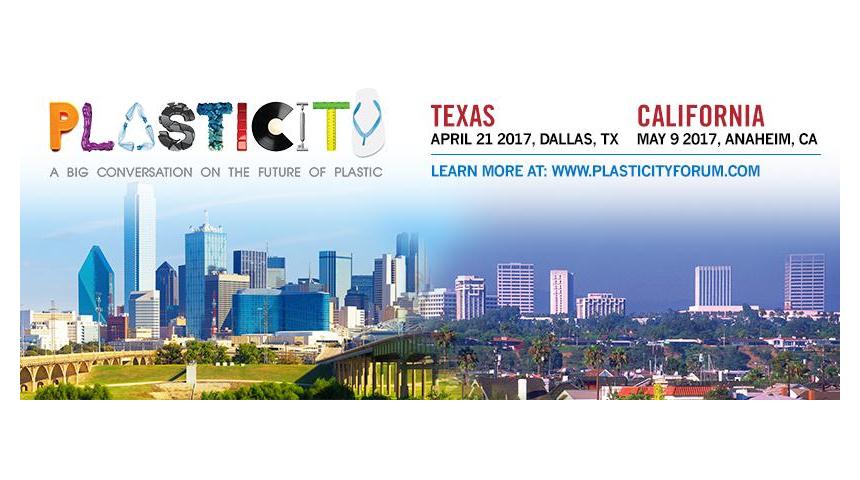

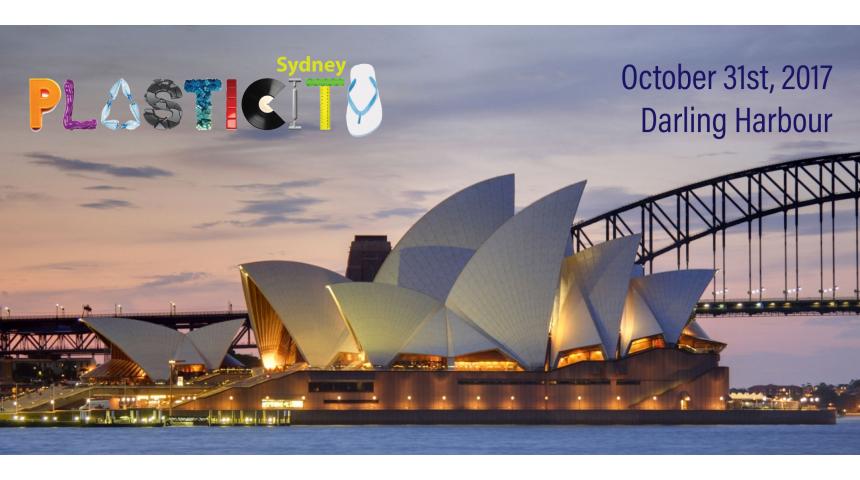

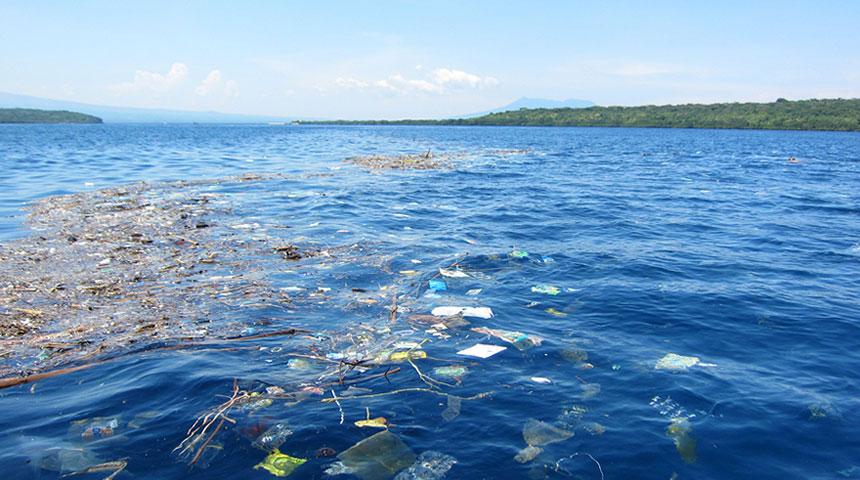

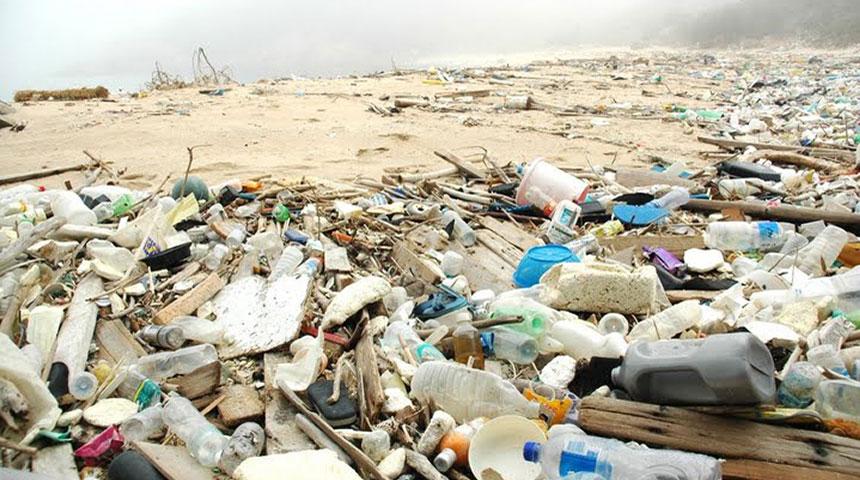

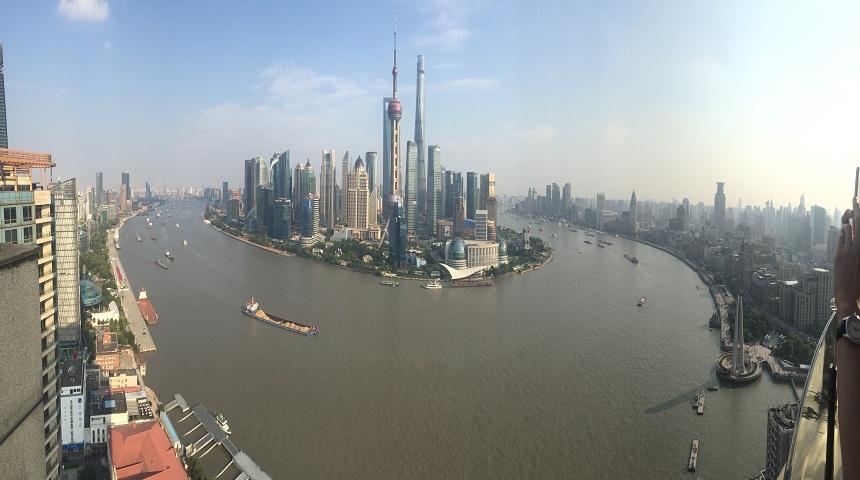

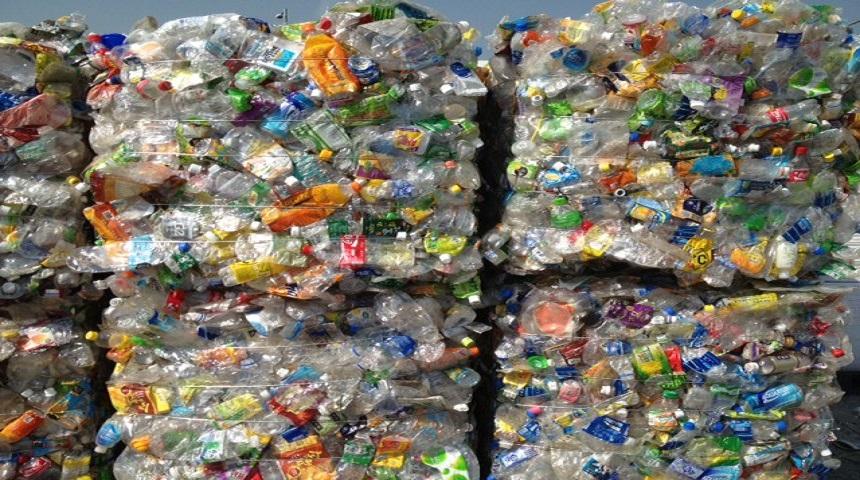

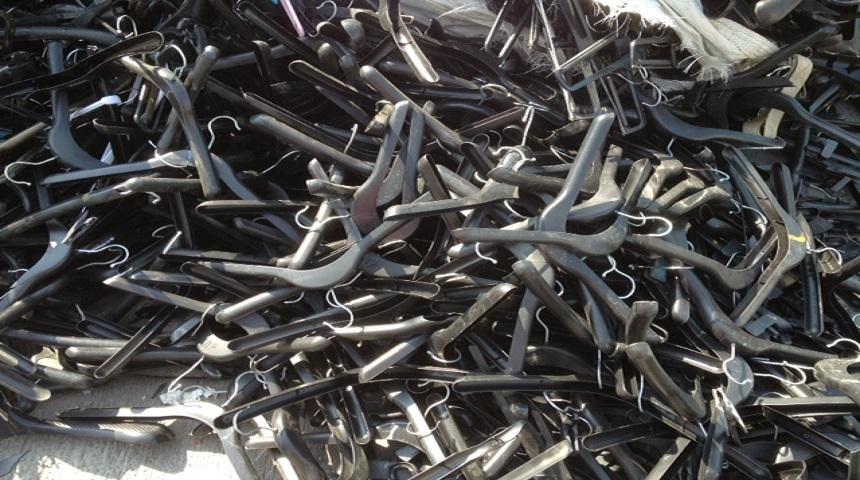

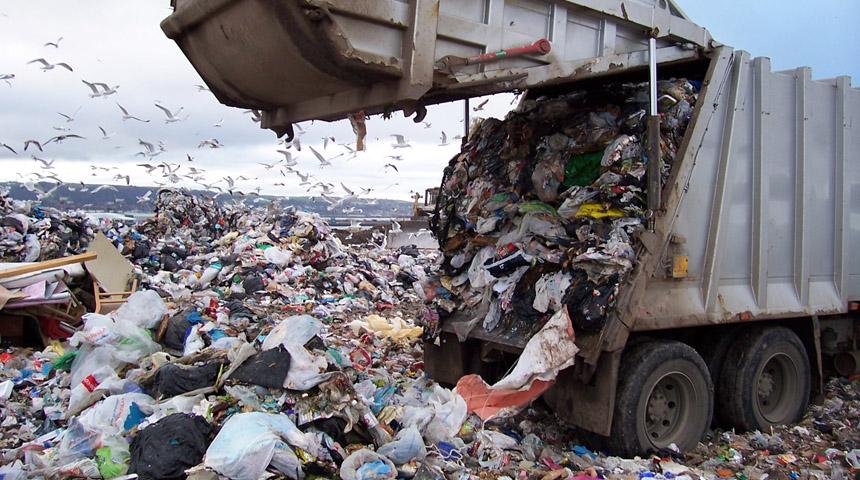

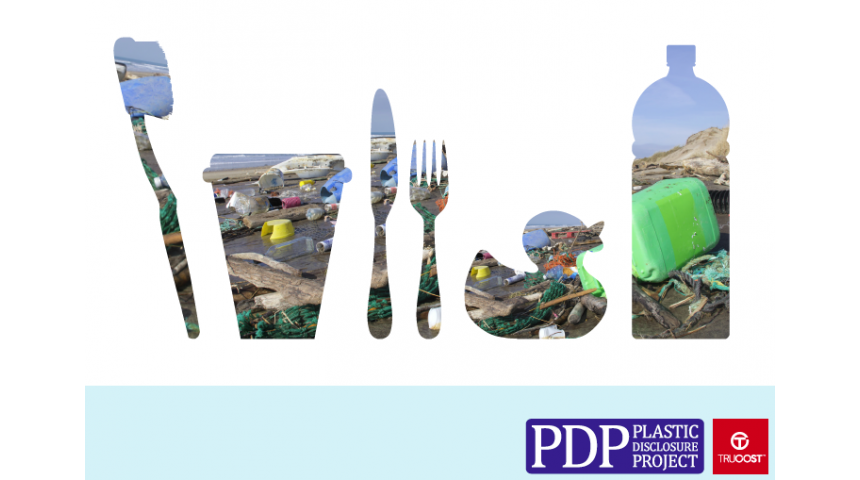
Comentários